

| State Level Govt. Exams |
|---|
| Crash Courses |
|---|
| Chapterwise Study Material & Notes |
|---|
| Books / eBooks |
|---|
| Mock Tests Series |
|---|
| Free Video Leaning Programe (VLP) |
|---|
BUY Online Study Materials/Notes |
|---|
| Practice Sets |
|---|
| Je & Ae Exams |
|---|
| Coaching for Schools Students (K-12) |
|---|
| NCERT Solutions |
|---|
| Quick Links |
|---|
NEET (National Eligibility cum Entrance Test) is a national-level entrance examination conducted by the National Testing Agency (NTA) for admission to undergraduate medical (MBBS/BDS) courses in various medical colleges in India.
NEET is a single-window entrance exam for all medical colleges in India, including government, private, and deemed universities. The exam is conducted in a pen-paper mode, and the questions are based on the syllabus of class 11 and 12 of the CBSE board.
NEET exam consists of 180 multiple choice questions (MCQs), each carrying four marks. The questions are based on Physics, Chemistry, Biology (Botany and Zoology) and candidates have 3 hours to complete the test. There is negative marking for incorrect answers.
To prepare for NEET exam, candidates should start by understanding the syllabus and exam pattern. They should then create a study plan and devote sufficient time to each subject. Candidates should also practice previous years' question papers and take mock tests to assess their preparation and identify areas of improvement.
Apart from this, candidates should also focus on their time management skills, attempt the questions in the correct sequence, avoid guesswork, and read the questions carefully before answering. They should also stay updated with current affairs related to the medical field and regularly read newspapers and medical magazines.
Overall, NEET is a highly competitive exam, and candidates need to work hard and stay focused to crack it. Candidates can also take coaching from reputed coaching institutes or refer to study materials provided by them.
 |
| Complete Study Notes available : For subscribe click here |
NEET Exam Combo Pack (Hard copy) @ 5,000/- NEET Exam Physics module in hard copy @ 2000/- NEET Exam Chemistry module in hard copy @ 2000/- NEET Exam Biology module in hard copy @ 2000/- |
NEET Exam Physics module in pdf @ 1500/- NEET Exam Chemistry module in pdf @ 1500/- NEET Exam Biology module in pdf @ 1500/- |
NEET Exam Each chapter module for each subject available @ 99/- only Each chapter DPP (Physics, Chemistry and Biology) Pay us via After payment plz shared your postal address for hard copy; OR email for pdf along with payment screenshot on same number. |
Best books for NEET Preparation NEET Exams Previous Year Question Papers and Solutions |
NEET Eligibility Criteria
The eligibility criteria has mostly remained the same. Minor changes are that the age criteria will be checked after completion of the exam and the upper age limit has to be calculated as on the date of the exam. The detailed eligibility criteria of NEET 2019 are as follows :
Eligibility Criteria |
Details |
Nationality |
Indian Nationals, NRIs, OCIs, PIOs & Foreign Nationals |
Qualifying Exam |
10+2 or equivalent with Physics, Chemistry, Biology/Biotechnology and English as core subjects in both Classes 11 and 12 from a recognized board. |
Pass percentage |
UR - 50%, OBC/SC/ST - 40%, PWD - 45% (minimum aggregate marks only for PCB subjects) |
Age Limit |
The revised date of birth is on or before December 31, 2002. The upper age limit clause has been withdrawn for now. Admissions will be subject to the outcome of the case. |
Maximum Attempts |
No limit on the permitted number of attempts. |
NEET Qualifying Percentile
In order to qualify NEET 2019, candidates are required to score marks equal to or more than the NEET cut off 2019. The cut off score cannot be predicted before the release of the result but the minimum required percentile to qualify the exam has been made available. The minimum required percentile will be different for different categories which can be checked in the table below :
UR (Unreserved) : 50th Percentile
UR-PH (Unreserved Physically Handicapped) : 45th Percentile
OBC/SC/ST (Other Backward Classes/Scheduled Caste/ Scheduled Tribe) : 40th Percentile
Pattern of NEET Question Paper
The exam includes questions from Physics, Chemistry and Biology syllabus of class XI and XII. Both Physics and Chemistry have 45 questions each. Biology has 90 questions divided equally among Botany and Zoology.
| Subject | No. of Questions | Maximum Marks |
|---|---|---|
| Physics | 45 | 180 |
| Chemistry | 45 | 180 |
| Zoology | 45 | 180 |
| Botany | 45 | 180 |
NEET Exam Pattern At a Glance
Number of Questions | Total Marks 180 | 720 Marks
No. of questions in each section Physics- 45, Chemistry- 45, Botany- 45, Zoology- 45
Marking Scheme + 4 for correct answer, -1 for incorrect answer
Type of Questions Multiple Choice Questions (MCQs)
Exam Mode Offline (Pen- paper based Test)
Duration 3 hours
.jpg) |
.jpg) |
.jpg) |
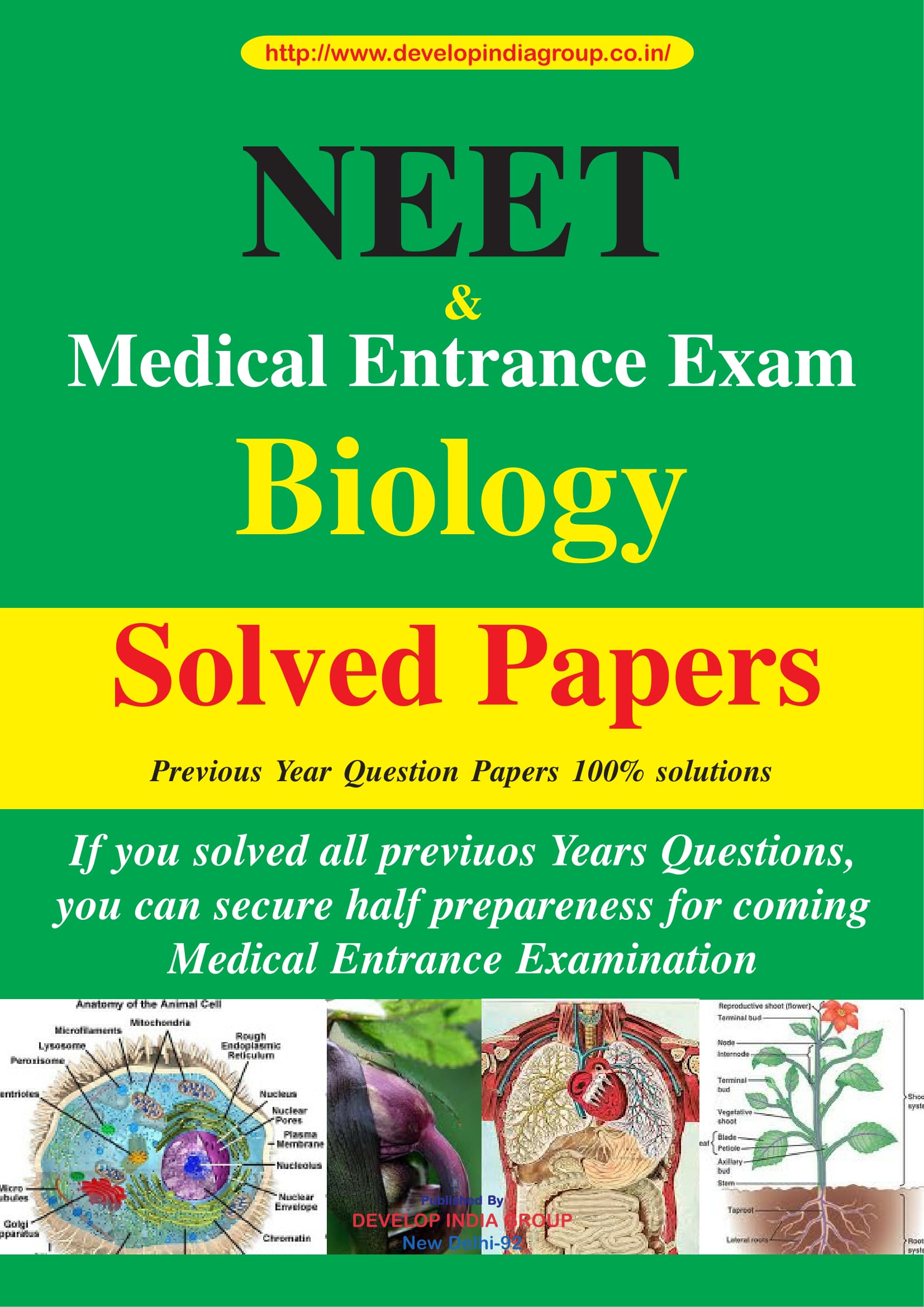 |
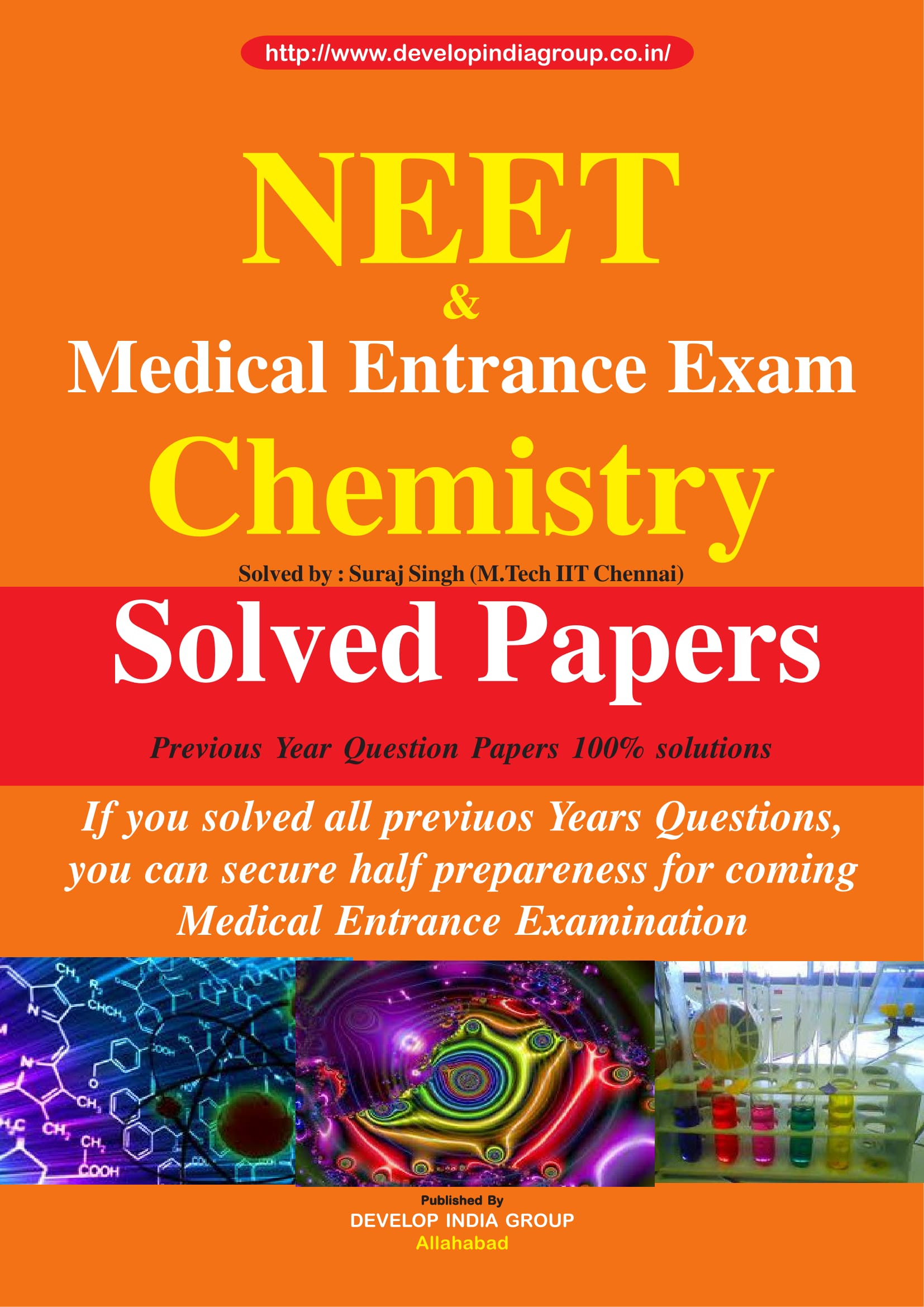 |
 |
NEET Marking Scheme
Multiple answers will be considered as incorrect response and will be negatively marked.
Check out the marking scheme given below :
-
For every correct answer, the candidate is awarded 4 marks and for every incorrect answer, 1 mark is deducted.
-
NEET Score = (Correct answers X 4) – (Incorrect answers X 1)
-
No marks will be awarded for unanswered questions.
-
More than one answer marked 0 (Zero)
-
Changing answer is not allowed.
NEET Syllabus
| Physics | |
| Class 11 Topics | Class 12 Topics |
| Physical world and measurement | Electrostatics |
| Kinematics | Current electricity |
| Laws of motion | Magnetic effects of current and magnetism |
| Work, energy and power | Electromagnetic induction and alternating currents |
| Motion of system and particles of rigid body | Electromagnetic waves |
| Gravitation | Optics |
| Properties of bulk matter | Dual nature of matter and radiation |
| Thermodynamics | Atoms and nuclei |
| Behaviour of perfect gas and kinetic theory | Electronic devices |
| Oscillations and waves | -- |
| Chemistry |
|
| Class 11 Topics | Class 12 Topics |
| Some basic concepts of Chemistry | Solid state |
| Structure of atoms | Solutions |
| Classification of elements and periodicity in properties | Electrochemistry |
| Chemical bonding and molecular structure | Chemical kinetics |
| States of matter: gases and liquids | Surface chemistry |
| Thermodynamics | General principles and process of isolation of elements |
| Equilibrium | p-block elements |
| Redox reactions | d and f block elements |
| Hydrogen | Coordination compounds |
| s-block elements (Alkali and Alkaline earth metals) | Haloalkanes and Haloarenes |
| Some p-block elements | Alcohols, Phenols and Ethers |
| Hydrocarbons | Aldehydes, Ketones and Carboxylic acids |
| Environmental chemistry | Organic compounds containing nitrogen |
| Organic chemistry - some basic principles and techniques | Biomolecules |
| -- | Polymers |
| -- | Chemistry in everyday life |
| Biology |
|
| Class 11 Topics | Class 12 Topics |
| Diversity in living world | Reproduction |
| Structural organization in animals and plants | Genetics and evolution |
| Cell structure and function | Biology and human welfare |
| Plant physiology | Biotechnology and its applications |
| Human physiology | Ecology and environment |
FREE Scholarship Course for NEET
(100% for poor family students)
Eligibility (below 5 lakh yearly income families) |
100 % free course |
|---|---|
For any State Board (XII) all poor economic background Students |
100 % free course |
For UP board XII Board (all students) |
100 % free course |
For CBSE XII Board [all subjects] |
100 % free course |
For ICSE XII Board [all subjects] |
100 % free course |
For all 11th students for science background |
100 % free course |
For all 10th students for science background |
100 % free course |
For all 9th students for science background |
100 % free course |
For all 8th students for science background |
100 % free course |
For all 7th students for science background |
100 % free course |
For all 6th students for science background |
100 % free course |
For all 5th students for science background |
100 % free course |
For Pre UPCMET 2022 qualified students |
100 % free course |
For HBCSE Olympiad Stage NSEP/C/B/A/JS qualified Students |
100 % free course |
For HBCSE Olympiad Stage INPhO/ChO/BO/AO/JSO or INMO qualified students |
100 % free course |
For HBCSE Olympiad OCSC Stage Physics/Chemistry/Biology/ Astronomy/Jr. Science/Mathematics Qualified Students & Medalist |
100 % free course |
For On the basis of Performance in DIG NEET Scholorship Test |
100 % free course |
For Scholarship in TALLENTEX Result |
100 % free course |
for registration
|
|



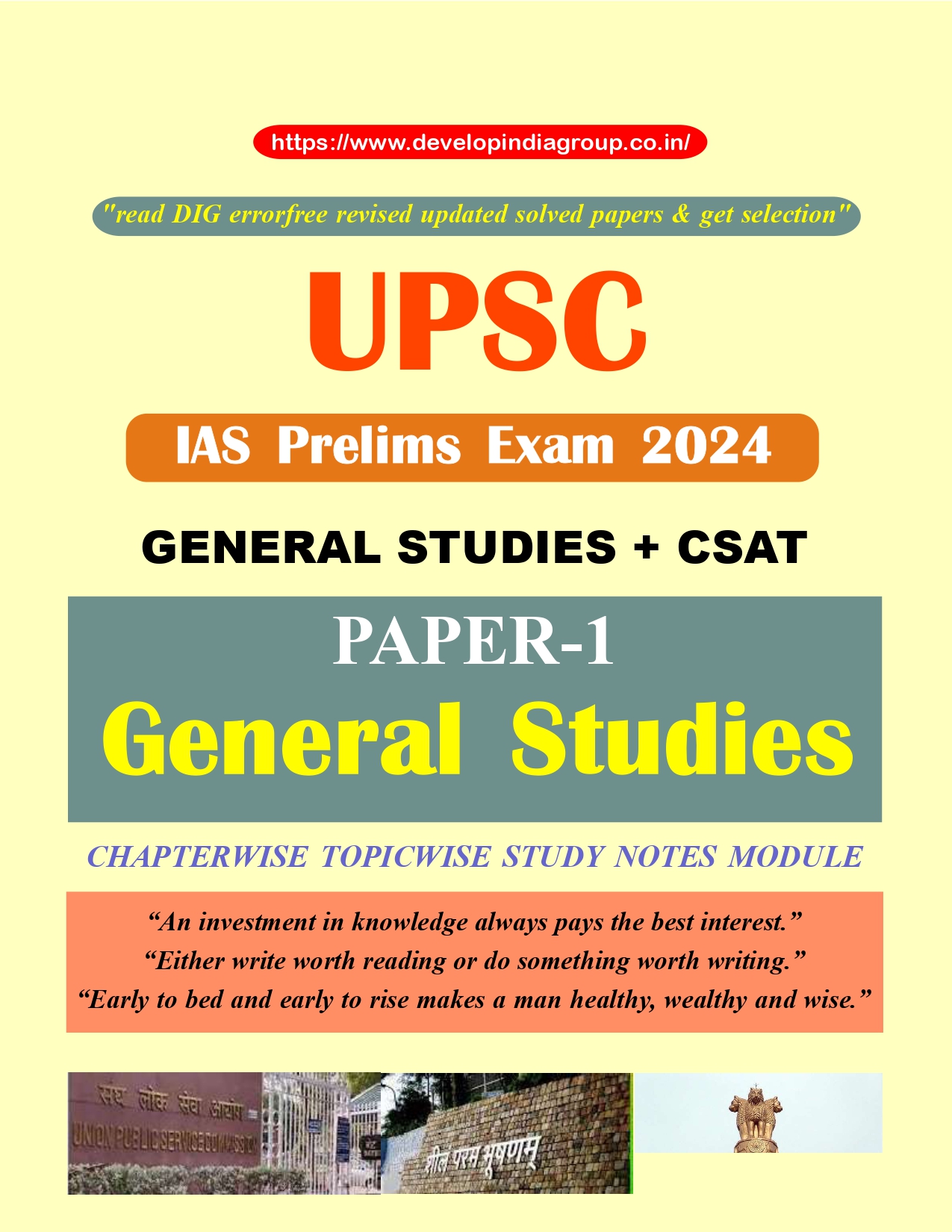
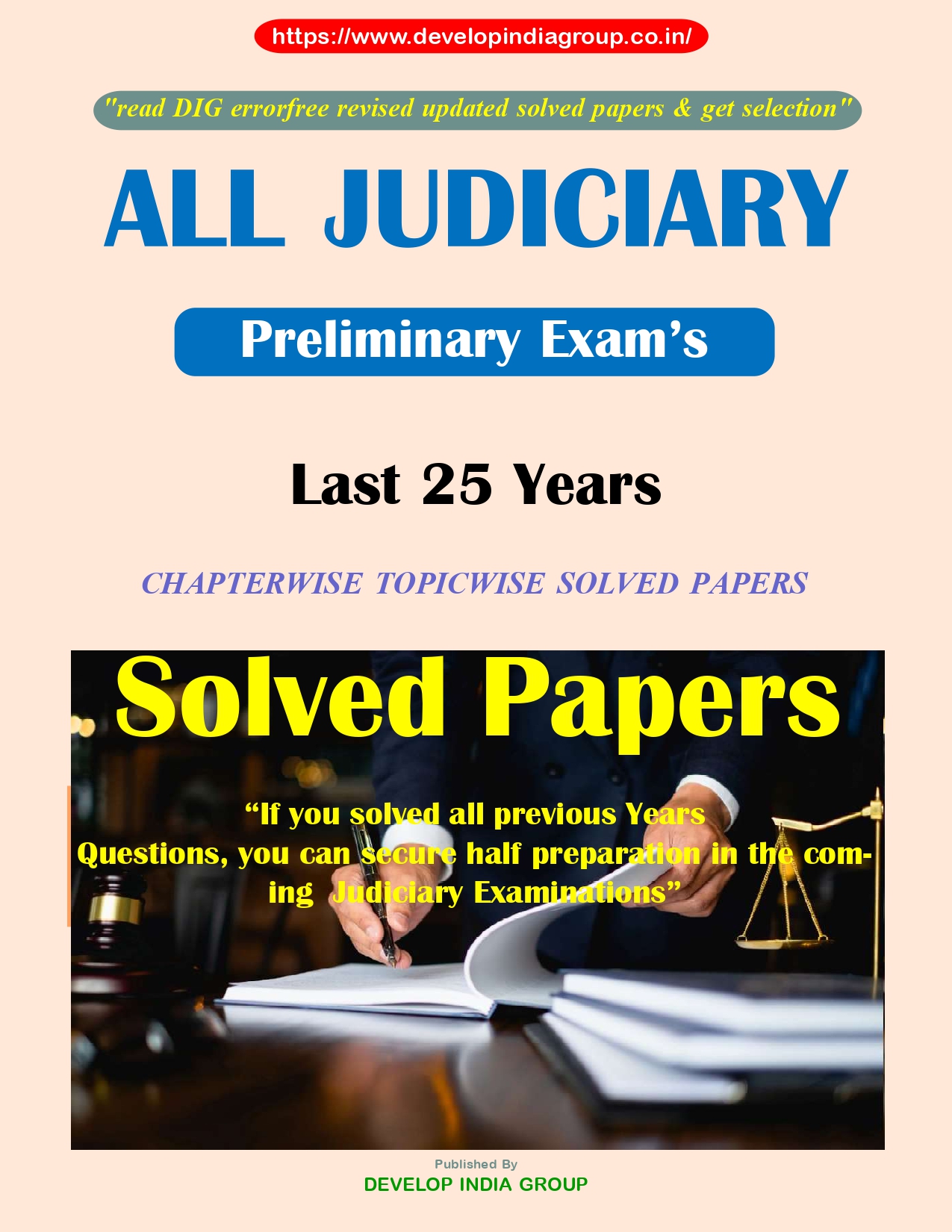
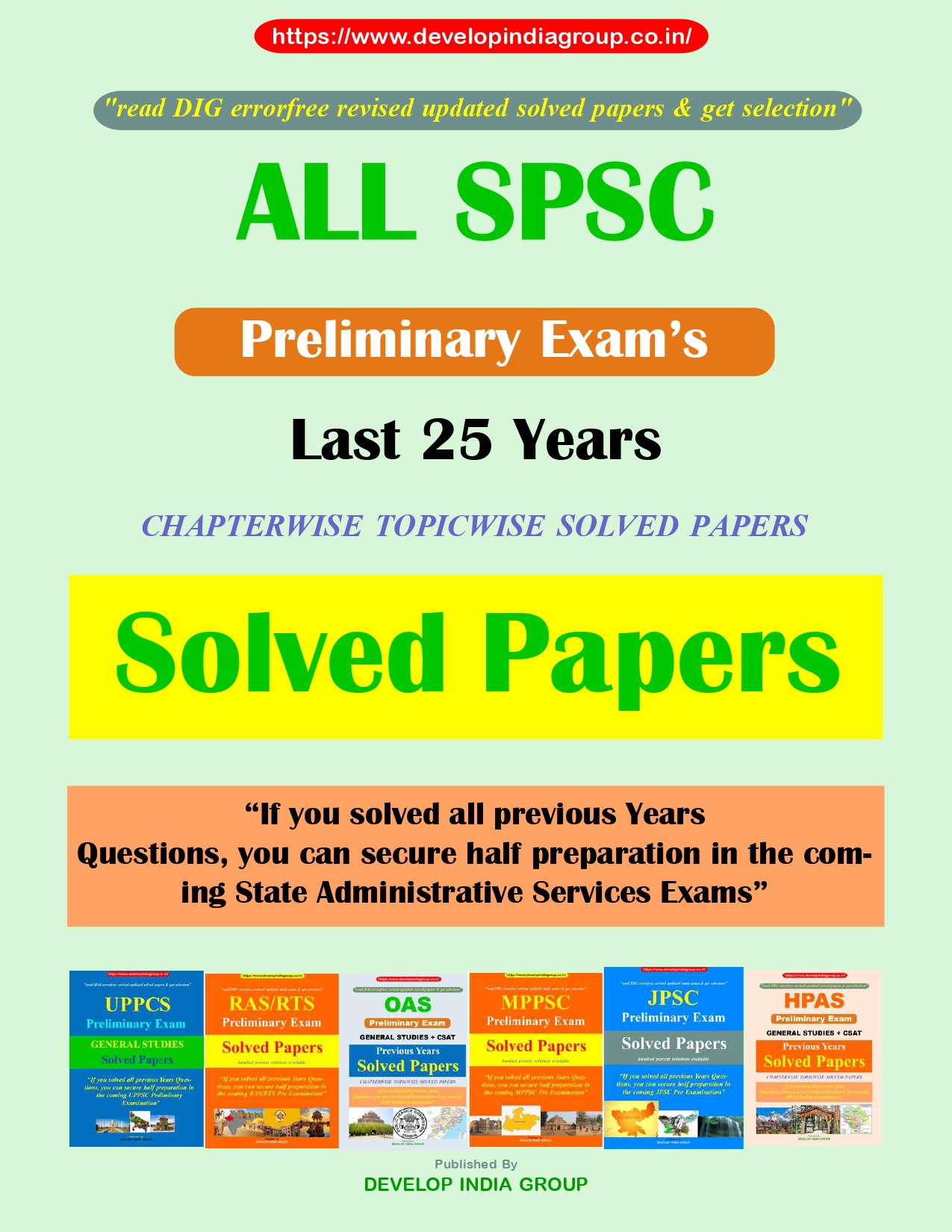

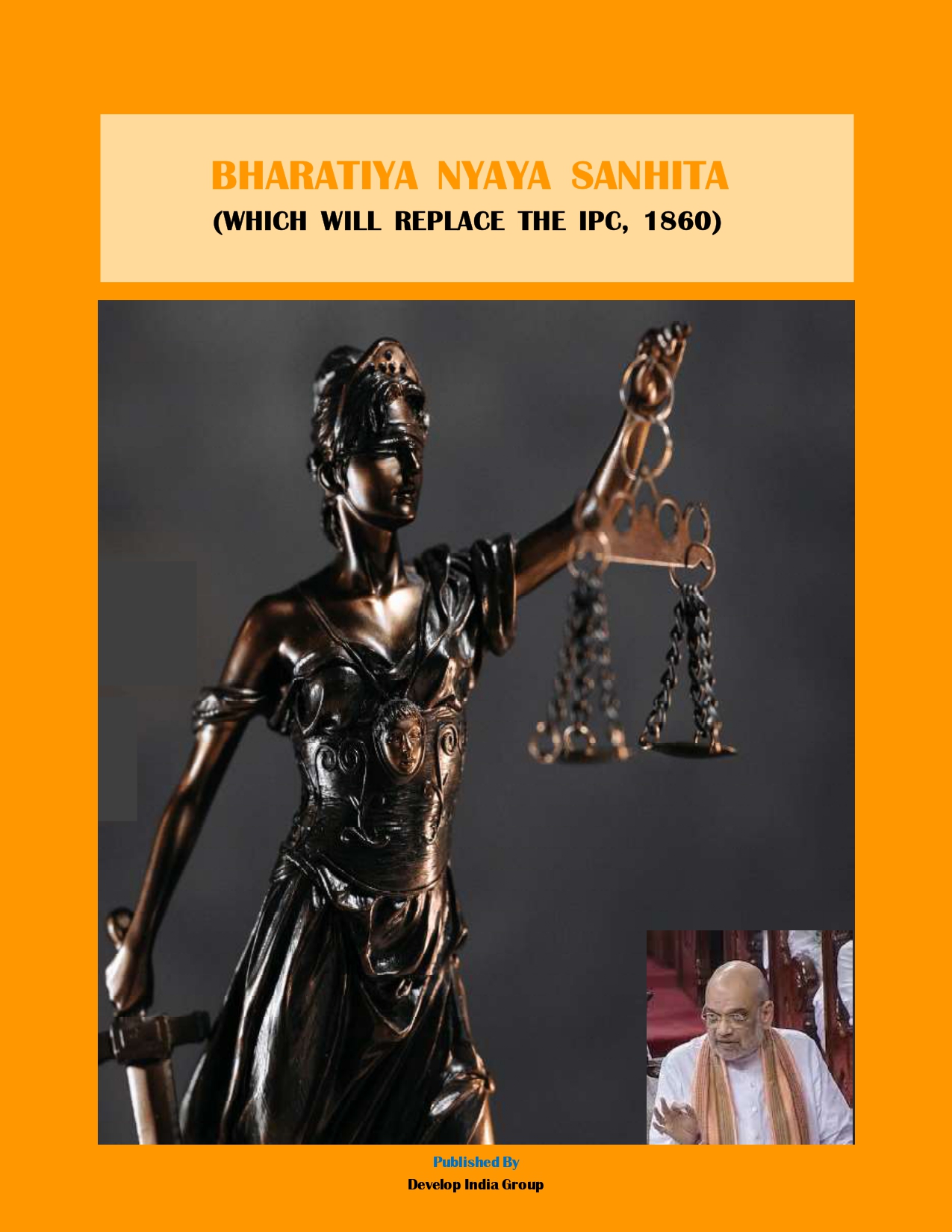

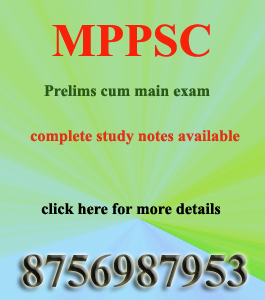





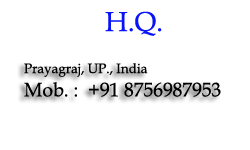



 or
or  or
or  on this number 8756987953
on this number 8756987953 









